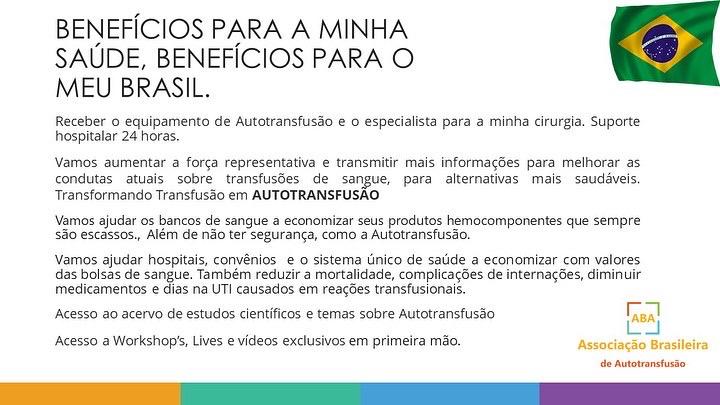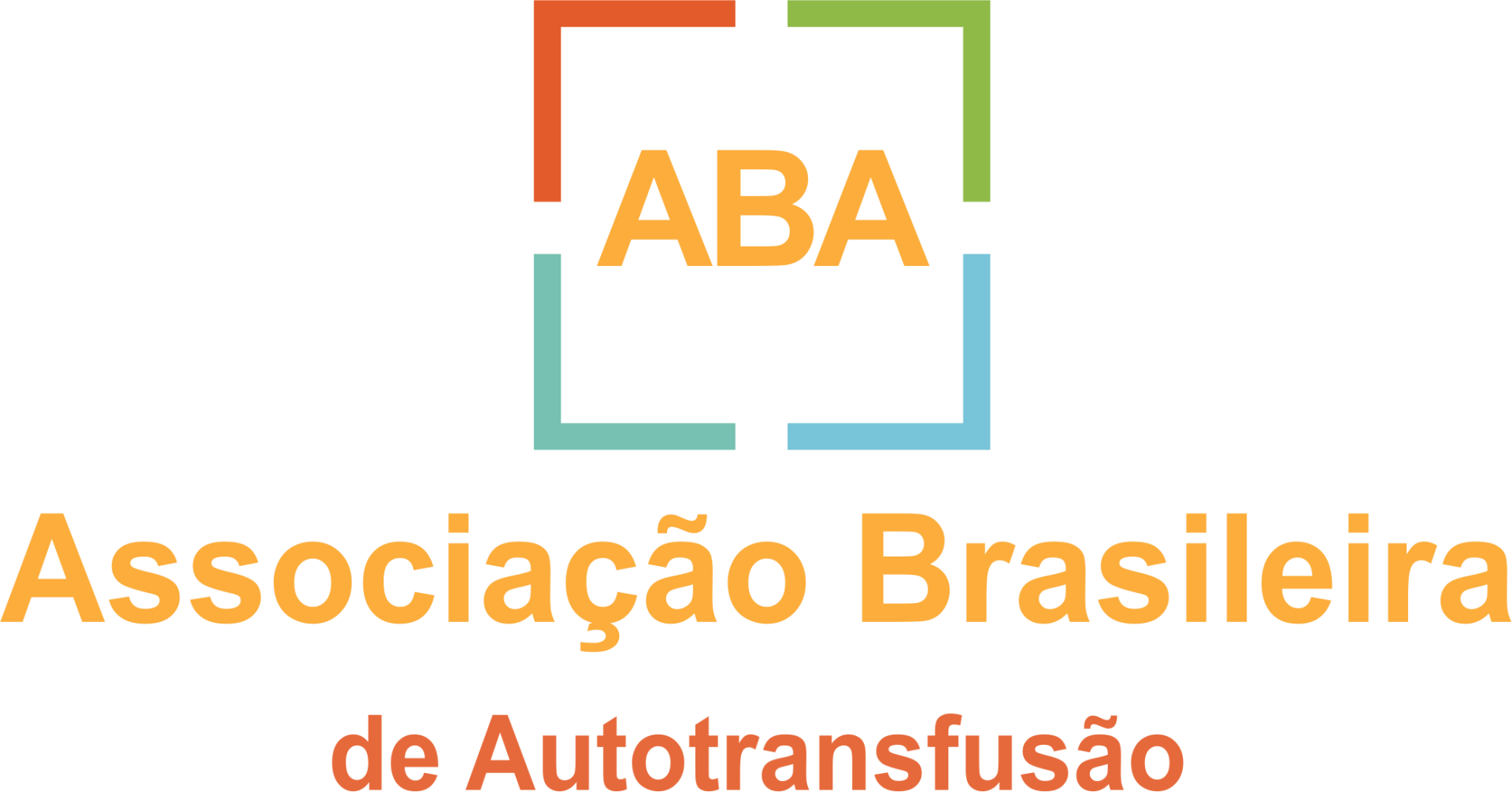AUTOTRANSFUSION AND ITS BENEFITS
BENEFITS FOR HEALTH, BENEFITS FOR BRAZIL.
Reduction of transfusions and medications
Reduction of numerous transfusion complications, hospitalization days and ICU's
100% Safe
It's cheaper than blood bags
Shall we transform Transfusion into Autotransfusion? There is no contraindication.
Who can use autotransfusion? Autotransfusion is for everyone.
Any individual, without restrictions and against indications. Recent studies emphasize that even in malignant tumors it is possible with the use of leukocyte depletion filters. XTRA equipment also has an extremely effective 40 m filter. where it cleans around 45% of the leukocytes. When performing a few washes, it really delivers the red blood cells with great quality, even preventing metastasis.
In autotransfusion (or autologous transfusion), It is a process, described in 1921, that the patient receives his own blood, instead of that of another person, to withstand surgery, for example. Although it has its advantages, the procedure is still unknown by the population. According to a survey by the medical technology and innovation company LivaNova, 82% of Brazilians are unaware of this possibility. How does this technique work and why can it be especially useful during the Covid-19 pandemic? Because it avoids blood transfusion and its complications and shortages in blood banks.
the patient's blood that is lost in the operation is collected there immediately, washed and centrifuged by an automated XTRA equipment.
“Autotransfusion is not very common, but it is provided for in Brazilian legislation and can be adopted when it is beneficial, especially in cases where a large blood loss is expected during surgery, but it can also be used with minor, medical and major bleeding.
The benefits during and after the Covid-19 pandemic
As the patient receives his own blood, there is no risk of rejection by the organism. This can prevent allergic reactions, fever, tremors and chills; And it's an especially valuable option for individuals with rarer blood types. With autotransfusion, it also avoids the risk of being contaminated by infectious agents present in the blood of donors, HIV, syphilis, viral hepatitis and other diseases,
Autotransfusion became better known and recommended during the 1980s, due to the AIDS epidemic. “The great fear was that the patient would receive contaminated blood. Therefore, it became a common practice at the time. Not all hospitals and professionals are able to deal with it, as equipment is not available anywhere.
Allogeneic blood transfusion-free procedures include the appropriate use of medical strategies to treat anemia and/or thrombocytopenia, minimize blood loss, preserve autologous blood (autotransfusion), and increase anemia tolerance. By using one or multiple therapeutic options, it is possible to reduce the number of patients transfused and the amount of blood and its components administered to each patient. The benefits are not restricted to the economic sphere, but also to the incidence and severity of complications, in particularly mortality, related to allogeneic blood transfusions.
Clinic/Patient:
Elimination of the risk of transmission of infectious diseases and immunological transfusion reactions; better recovery. Despite the rigorous clinical and serological screening performed on blood donors, there is no 'zero-risk' blood transfusion, so autologous transfusion is the safest possible option.
Blood bank:
Elimination of cross-reaction proof, immediate
availability of fresh blood, reduction in demand for homologous blood.
Blood becomes a very profitable product, a free raw material that is sold to hospitals and health insurance companies (from R$800.00 to R$8,000.00 per bag), generating a blood industry (The costs of a blood center are for the treatment of these donated blood. ) ''Save lives, donate blood''
Economic aspects:
cost/benefit of using homologous blood. Millions of Reais saved and health benefits.



